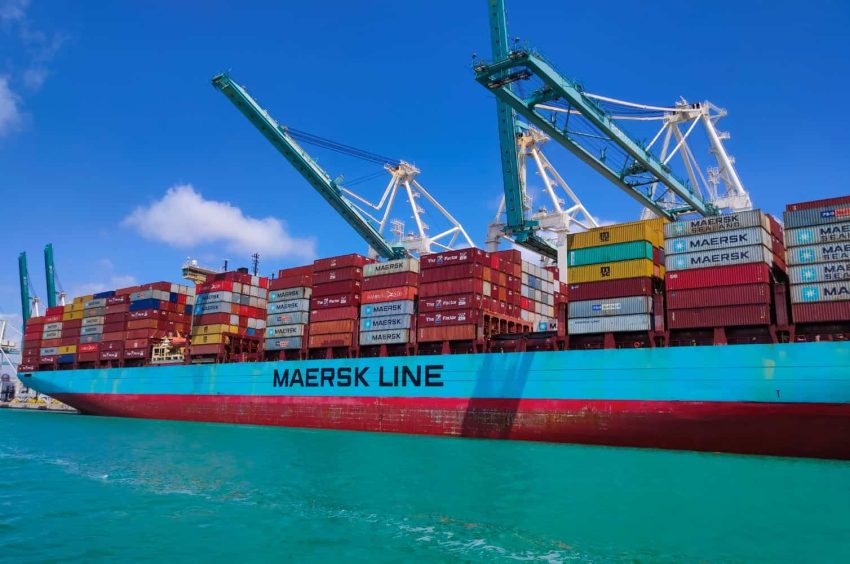South African exports to the US will take longer and first go via Europe if exporters are willing to live with longer shipping times.
As if the US tariff for South Africa of 30% on exports to the United States is not enough, there is more bad news for exporters to the US: one of the two shipping companies offering direct shipments to the US will phase out its service.
Shipping company Maersk will start phasing out its AMEX service that local exporters use to transport goods to the US east coast from 1 October. This leaves only MSC on this route.
The change is due to Maersk moving to a transhipment solution where cargo from South Africa going to the US must first go through the hubs in Europe before crossing the Atlantic. Unfortunately, this means that shipment times will increase substantially.
Dr Ernst van Biljon, head lecturer and programme coordinator for M. Com in Supply Chain Management at the IMM Graduate School, says the announcement could not come at a worse time.
“This decision, after the recent imposition of a sweeping 30% US tariff on South African goods, delivers a double blow to our trade competitiveness and supply chain resilience.”
ALSO READ: Government must actively manage fallout from US tariffs with trade crisis committee – BLSA
Concern about losing direct shipping link to US
He says the immediate concern is logistical: losing one of only two direct links to the US forces exporters to route cargo via Europe’s congested ports, adding time, cost and uncertainty.
“For sectors like fruit, wine and automotive components where freshness, timing and delivery precision are critical, this is a serious disruption. Even if MSC maintains its direct route, the concentration risk remains high, with no room for error or backup.
“However, this is more than just a shipping reshuffle. It exposes South Africa’s strategic vulnerability in global supply chains. Tariffs and transport constraints now combine to erode margins and undermine long-standing commercial relationships.
“With the US market becoming increasingly costly and complex to access, South African exporters must urgently build alternative routes, including deepened Brics and intra-African trade ties.”
Van Biljon says this moment also underscores the urgent need for greater investment in smart supply chain technologies, particularly the internet of things-enabled cold chain tracking, real-time shipment visibility and predictive routing tools.
“These innovations not only improve risk management but are now essential for maintaining product integrity and meeting global service expectations.”
He points out that this moment calls not only for political diplomacy but for a stronger coordinated national logistics strategy. “The cost of inaction is not just short-term pain but long-term marginalisation from global trade corridors.”
ALSO READ: US tariff of 30%: Rand weakest in 3 months, thousands of jobs in danger
Shipping via Europe could be cheaper but longer
Donald MacKay, CEO of XA Global Trade Advisors, says it is a little too early to call what the implications are of Maersk closing its direct route between South Africa nd the US. One must assume that MSC will become more expensive over time as it will have the monopoly.
“It is difficult to say what the implications are but it is something we have to watch closely. It is certainly not a good thing, particularly for products with a limited shelf life like fresh fruit. It is not good. South Africa is becoming more and more isolated.
“However, it seems that shipping this new route with Maersk is a bit cheaper. Although it takes more time, it could be better for those companies that care more about a slightly cheaper price even if they have to wait longer.”
